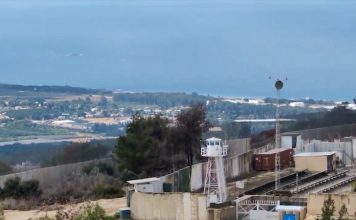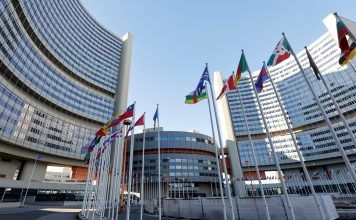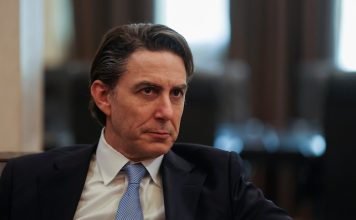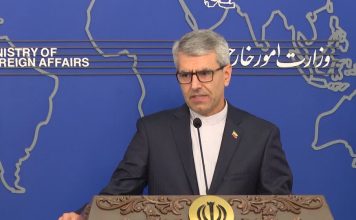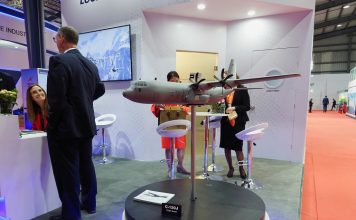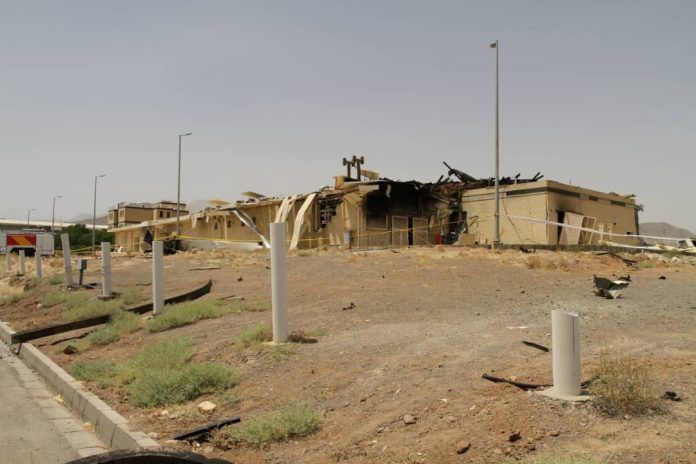
By Parisa Hafezi
DUBAI, Aug 23 (Reuters) – A fire at Iran‘s Natanz nuclear facility last month was the result of sabotage, the spokesman for Iran‘s Atomic Energy Organisation told state TV channel al-Alam on Sunday.
“The explosion at Natanz nuclear facility was a result of sabotage operations, security authorities will reveal in due time the reason behind the blast,” said Behrouz Kamalvandi.
Iran‘s top security body in July said that the cause of the fire had been determined but would be announced later. Iranian officials said that the fire had caused significant damage that could slow the development of advanced uranium enrichment centrifuges. The Natanz uranium-enrichment site, much of which is underground, is one of several Iranian facilities monitored by inspectors of the International Atomic Energy Agency (IAEA), the U.N. nuclear watchdog.
[aesop_image img=”https://kayhanlife.com/wp-content/uploads/2020/07/2020-07-12T100438Z_119268284_OWSCKPL7HKKGI6Z3V8XF59JDJCIYSB_RTRMADP_BASEIMAGE-960X540_INTERNATIONAL-POLITICS-IRAN-NUCLEAR-FA.jpg” panorama=”off” credit=”Iran map with its nuclear facilities. REUTERS./” align=”center” lightbox=”off” captionsrc=”custom” captionposition=”left” revealfx=”off” overlay_revealfx=”off”]
Some Iranian officials have said the fire may have been the result of cyber sabotage, and have warned that Tehran would retaliate against any country carrying out such attacks. An article by Iran‘s state news agency IRNA in July addressed what it called the possibility of sabotage by enemies such as Israel and the United States, although it stopped short of accusing either directly.
Israeli officials declined to comment on Sunday.
The IAEA chief Rafael Grossi said on Saturday he will make his first trip to Tehran in that role on Monday to pressure Iran to grant inspectors access to two suspected former atomic sites.
The IAEA suspects activities possibly related to developing nuclear weapons were carried out in the early 2000s at these sites. Iran insists its nuclear programme has no military dimensions.
“Iran has not opposed access to its nuclear facilities, but the IAEA’s questions and allegations should be based on serious evidence and documents,” Kamalvandi said.
Iranian officials said on Sunday that Grossi’s visit was not related to the U.S. push at the U.N. Security Council to reimpose international sanctions on Tehran, Iran‘s state TV reported.
(Writing by Parisa Hafezi; Editing by Alex Richardson and Chizu Nomiyama)

